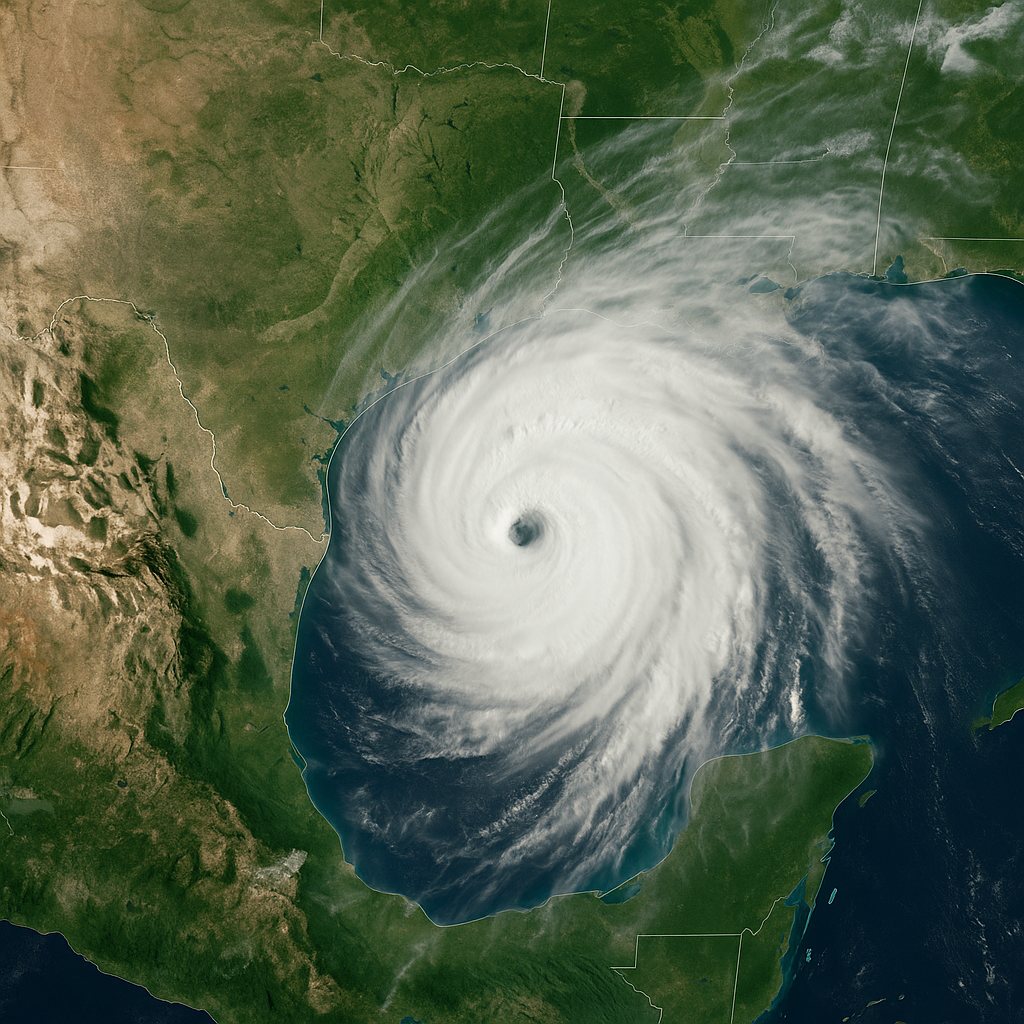What Houston Property Owners Need to Know in 2025
Each year, hurricane season brings serious challenges to property owners and managers throughout the Houston region. With intense rainfall, saturated soils, and unpredictable storm paths, one thing remains consistent: Houston faces a high flood risk. The performance of your stormwater infrastructure can make a significant difference in how your property weathers a storm.
Stormwater systems play a critical role in flood prevention on commercial, industrial, and residential sites. These systems are designed to slow, store, and redirect stormwater during periods of heavy rainfall. However, as many Houston property owners have learned, these systems cannot do their job without routine maintenance and proactive preparation.
The storms that occurred in June 2025 highlighted this issue. Several parts of Greater Houston experienced street flooding and surface ponding, including areas outside of designated flood zones. In many cases, flooding resulted from clogged or poorly maintained stormwater infrastructure rather than from the intensity of the storm itself.

To understand how to prevent these issues, it is helpful to review how stormwater systems operate and how neglect can lead to failure.
Storm drain inlets, grates, culverts, and underground pipes must be inspected and cleaned regularly. Sediment, trash, leaves, and organic debris often accumulate over time. Even a small blockage can create a major backup during a heavy rain event. Property owners should not rely solely on visual inspections from the surface. Internal pipe inspections are also necessary to identify collapsed segments or restricted flow, especially on older properties or sites with frequent flooding.
Detention and retention ponds are another critical component. These basins hold excess stormwater and release it slowly to prevent downstream flooding. When ponds are filled with sediment, or when outlet structures become clogged or damaged, the pond’s ability to store and drain water is severely reduced. Regular maintenance should include removing excess sediment, inspecting skimmers and orifices, managing vegetation, and confirming that water is draining as designed.
In areas of Houston where gravity flow is not possible, many properties rely on mechanical lift stations or pumps to move water to an appropriate discharge point. These systems require additional precautions. Electrical components must be tested, float switches and alarms must function correctly, and backup power sources should be verified before hurricane season begins. Pumps are often overlooked until they fail during an emergency, which can lead to costly damage.
It is also important to assess the overall grading and drainage patterns of your site. Over time, landscaping changes or new construction can alter the way water flows across your property. Small low spots or uneven pavement can become areas where stormwater collects and causes localized flooding. In these situations, regrading or the installation of additional drainage features may be required to maintain proper flow paths.
Stormwater quality treatment devices also deserve attention. Many properties in Houston are required to use oil-water separators, filter inserts, or other best management practices to improve water quality before discharge. These systems are often hidden from view but are essential for compliance and environmental protection. If they become full or clogged, they may allow pollutants to escape or contribute to flooding by restricting water flow. These devices should be inspected and cleaned before peak storm activity begins.
Storm preparation goes beyond infrastructure. Safety and operational planning are equally important. Materials stored outside should be secured. Hazardous substances must be stored properly to prevent spills. Loose items like trash bins, pallets, and portable equipment can become dangerous debris during high winds and can obstruct storm drains if not managed properly.
Preparation also includes staying informed of current and upcoming weather conditions. Make sure you are monitoring tropical conditions to stay on top of last minute preparations. Also track previous rainfall data to help evaluate the current condition of soils and infrastructure. You can find this information for Harris County at https://www.harriscountyfws.org/.
Keeping detailed records of inspections, maintenance, and repairs is a smart practice for every property manager. These records provide documentation for regulatory compliance and may support insurance claims if damage occurs. A written history also helps identify patterns, track recurring issues, and plan future improvements.
Hurricane season in Houston is more than a weather challenge. It is a test of preparation, infrastructure integrity, and operational readiness. By focusing on your stormwater systems now, you can reduce property damage, protect tenants and staff, and limit business disruption when storms arrive.
Stormwater Professionals Group provides expert inspections, maintenance services, and system evaluations for property owners across the Houston region. Our team is experienced in identifying issues before they become emergencies and delivering reliable, cost-effective solutions.
If you are unsure about the condition of your stormwater infrastructure, now is the time to take action. Preparing today will help you avoid costly problems tomorrow.
Contact us to schedule a site assessment or request a consultation.
